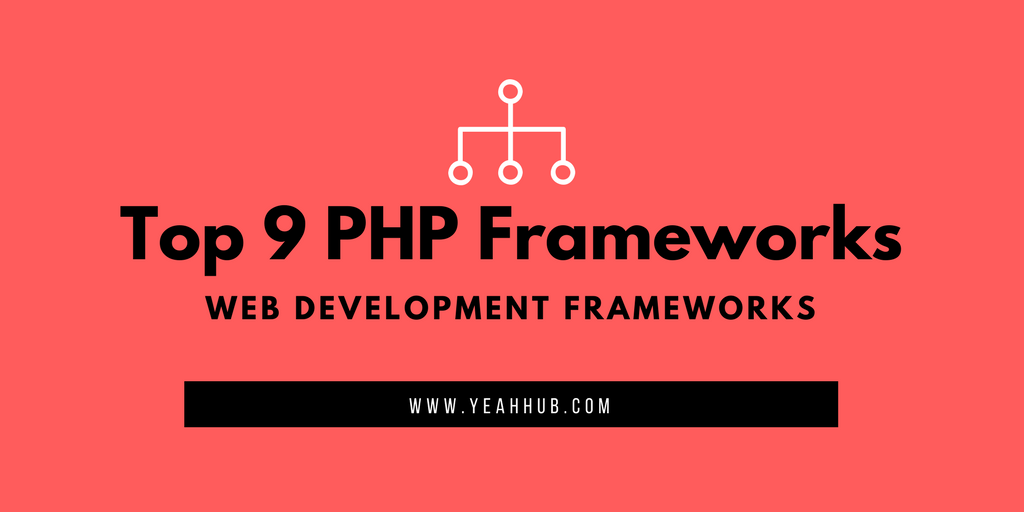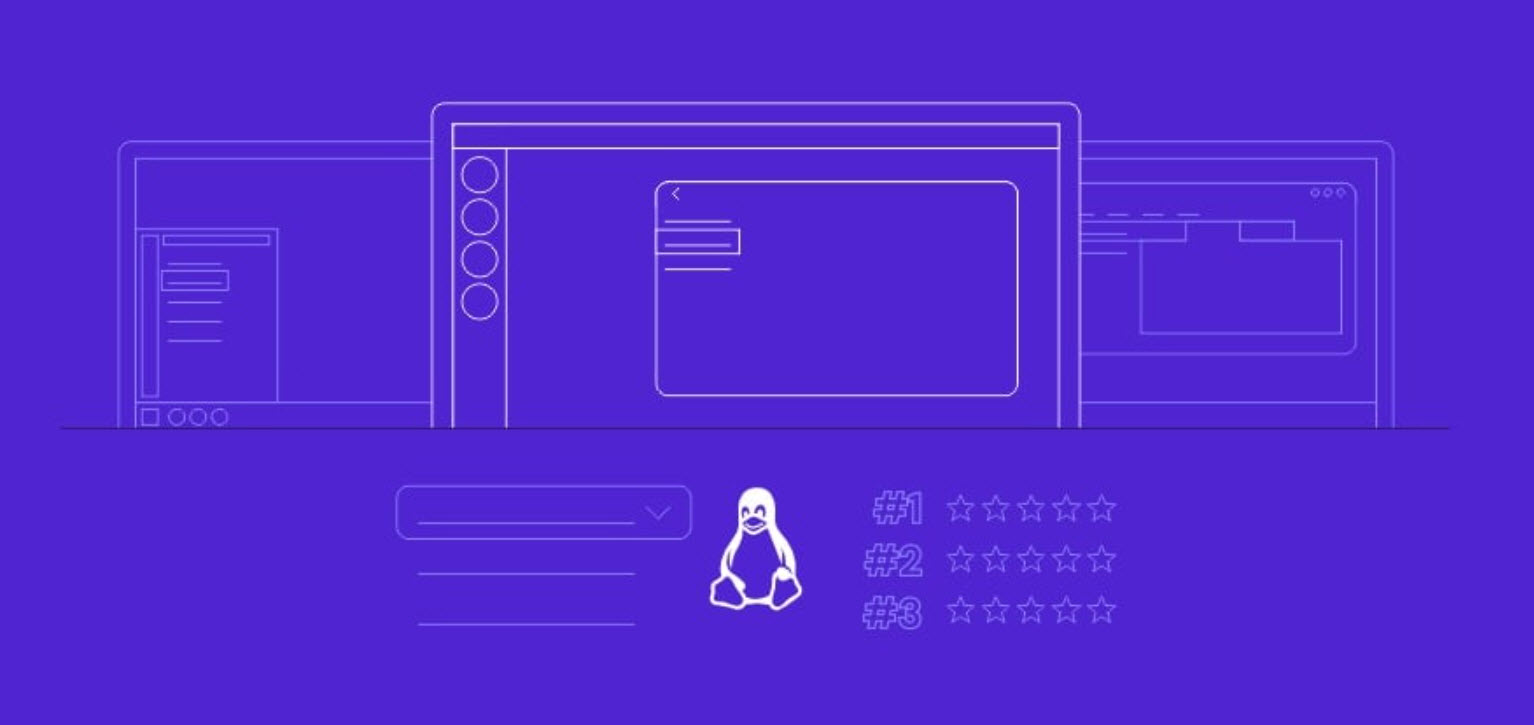
Anyone who has designed web sites for any length of time knows the limitations of html and other client side languages like CSS and JavaScript. While these languages remain at the core of web development, their primary function is to control how text and graphics are presented. Because they lack the ability to manipulate information on demand, or communicate with web servers, the result is a static web page.
The ability to create dynamic pages opens doors. Suppose you wanted to create a survey to collect information from visitors to your web site. You could easily create a form with HTML that included all your questions, and have the results emailed to you. But to convert the raw information into a meaningful format, you’d have to manually compile it, and then organize it to gauge the results – a process which could take hours.
PHP, which stands for PHP Hypertext Preprocessor, is a server-side embedded scripting language. In non-technical terms: a PHP processor is run on the server (Windows, or a flavor of UNIX). Writing PHP apps is pretty easy with web application development frameworks.
When a page is requested that contains PHP, the processor translates and executes all the commands in the page, and then outputs the result to the browser as regular HTML. Because this translation occurs on the server, a page written with PHP is viewable with any browser, on any operation system.
Also Read: Learn Complete PHP (Tutorial Series)
Like most other scripting languages, PHP can be embedded directly into HTML. PHP code is separated from HTML by Start and End entities. When a document is parsed, the PHP processor only interprets the demarked areas, and outputs the results in the same position.
Ironically, PHP also includes the ability to almost completely separate code from HTML. For larger, collaborative projects this method is ideal because it allows designers to work on the layout of the page without interfering with the code aspects.
Writing PHP applications is pretty easy. Most people grasp the syntax rather quickly and will within short time be able to produce a script that works using tutorials, references, books, and help forums.
1. CakePHP Framework
CakePHP makes building web applications simpler, faster, while requiring less code. A modern PHP 7 framework offering a flexible database access layer and a powerful scaffolding system that makes building both small and complex systems simpler, easier and, of course, tastier. CakePHP is a rapid development framework for PHP which uses commonly known design patterns like Associative Data Mapping, Front Controller, and MVC.
- Official Website – https://cakephp.org/
- View on Github – https://github.com/cakephp/cakephp/
- Latest Version (As per 24th Feb 2018) – v3.5 Red Velvet
2. Laravel Framework
Laravel is a free, open-source PHP web framework, created by Taylor Otwell and intended for the development of web applications following the model view controller architectural pattern. Laravel is accessible, yet powerful, providing tools needed for large, robust applications. A superb combination of simplicity, elegance, and innovation gives you a complete toolset required to build any application with which you are tasked.
- Official Website – https://laravel.com/
- View on Github – https://github.com/laravel/framework
- Latest Version (As per 24th Feb 2018) – v5.6
3. Nette Framework
Nette is a set of PHP 7 standalone components that make up the framework, rated as the 3rd most popular in the world. Nette puts extra emphasis productivity, clean code, and security. Nette is a full-stack PHP framework composed from a set of decoupled and reusable packages.
- Official Website – https://nette.org/
- View on Github – https://github.com/nette
- Latest Version (As per 24th Feb 2018) – v2.4
4. Phalcon Framework
Phalcon is an open source web framework delivered as a C extension for the PHP language providing high performance and lower resource consumption. Phalcon is written in Zephir/C with platform independence in mind. As a result, Phalcon is available on Microsoft Windows, GNU/Linux, FreeBSD and MacOS. You can either download a binary package for the system of your choice or build it from the below source.
- Official Website – https://phalconphp.com/en/
- View on Github – https://github.com/phalcon/cphalcon
- Latest Version (As per 24th Feb 2018) – v3.2
5. PPI Framework
PPI is the PHP Interoperability Framework. It provides an equal and open platform to empower PHP developers to pick the best tools from the best PHP frameworks. PPI bootstraps framework components for you from the top frameworks such as ZendFramework2, Symfony2, Laravel4 and FuelPHP.
- View on Github – https://github.com/ppi/framework
- Latest Version (As per 24th Feb 2018) – v2.2
6. Symfony Framework
Symfony is a set of PHP Components, a Web Application framework, a Philosophy, and a Community — all working together in harmony. Symfony is one of the leading PHP framework to create websites and web applications. Symfony is used by thousands of web applications (including BlaBlaCar.com and Spotify.com) and most of the popular PHP projects (including Drupal and Magento).
- Official Website – https://symfony.com/
- View on Github – https://github.com/symfony/symfony
- Latest Version (As per 24th Feb 2018) – v4.0
7. Yii2 Framework
Yii is a high-performance PHP framework best for developing Web 2.0 applications. Yii 2 is a modern framework designed to be a solid foundation for your PHP application. It is fast, secure and efficient and works right out of the box pre-configured with reasonable defaults. The framework is easy to adjust to meet your needs, because Yii has been designed to be flexible.
- Official Website – http://www.yiiframework.com/
- View on Github – https://github.com/yiisoft/yii2/
- Latest Version (As per 24th Feb 2018) – v2.0.14
8. Zend Framework
Zend Framework is a collection of professional PHP packages with more than 220 million installations. It can be used to develop web applications and services using PHP 5.6+, and provides 100% object-oriented code using a broad spectrum of language features. Zend Framework 3 evolved from both Zend Framework 2 and 1; cumulatively, the previous versions were downloaded more than 15 million times. The most stable version of Zend Framework is Version 2.
- Official Website – https://framework.zend.com/
- View on Github – https://github.com/zendframework/zendframework
- Latest Version (As per 24th Feb 2018) – v2
9. Ice Framework
Ice is one of the simple, fast and open source PHP Framework. You can easily install this Ice Framework in either Nginx or Apache based Servers.
- Official Website – https://www.iceframework.org/
- View on Github – https://github.com/ice/framework
- Latest Version (As per 24th Feb 2018) – v1.1.5
- Top 7 Commercial Linux Distributions
- Why Do I Need a Website?
- Reinforcement Learning in Real-world Applications: The Latest Successes and Challenges
- Various Python Libraries for developing RESTful APIs
- Top 7 NodeJS Frameworks You Need To Know
- How Buying Instagram Followers Can Help Businesses Soar
- How To Find Gaps In Your Cybersecurity And How To Address Them
- How to close the site from indexing using robots.txt
- Internet Security With VPN – Why Do You Need It
- How to Fix The DLL Missing Error in Windows 7?








